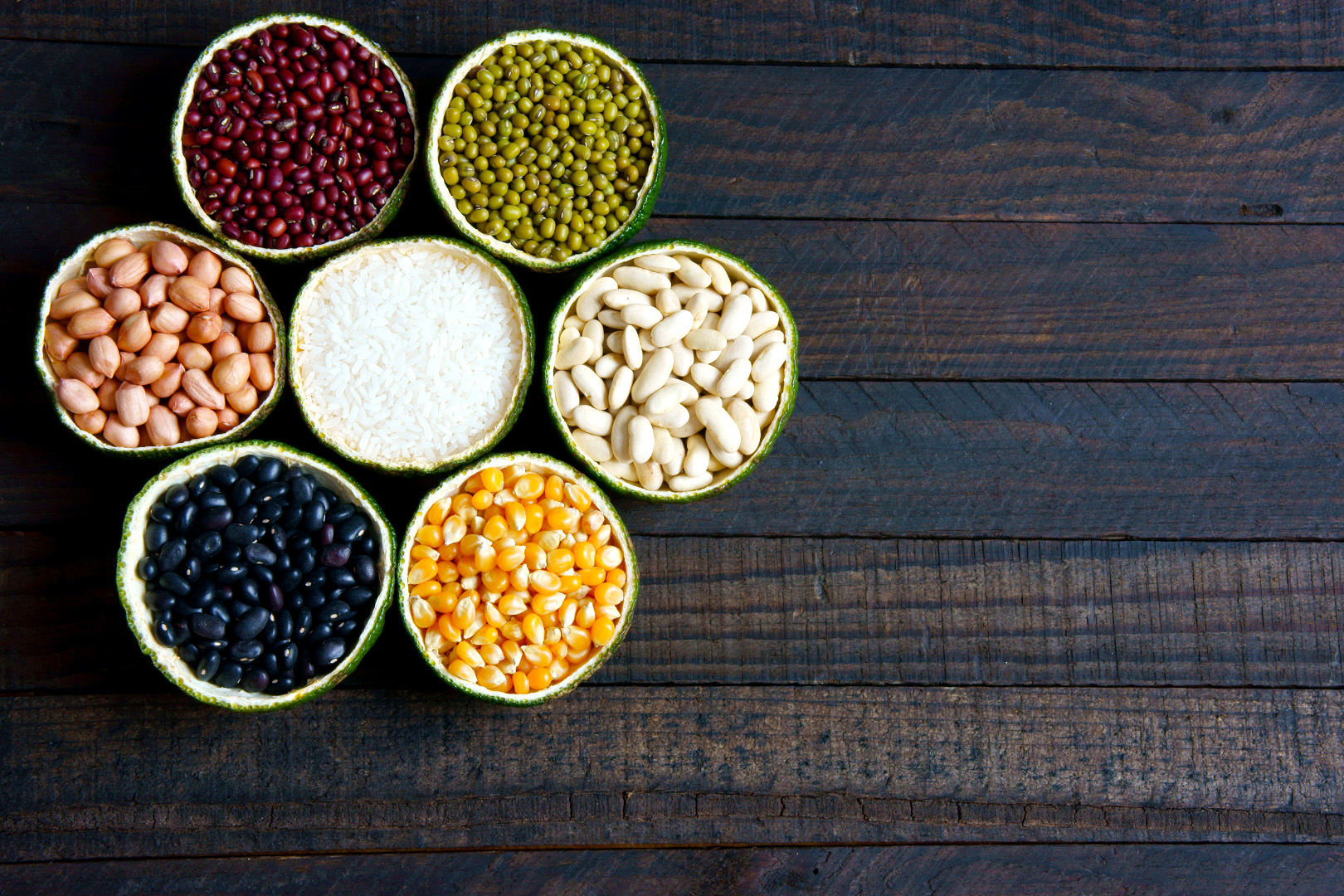Health Benefits of Copper Peptides for Skin Care + Nutritional Facts

Is copper good for your skin? This important mineral is stored mostly in bones, skin cells, and muscles; and plays a significant role in the synthesis of collagen and the production of elastin, a component of connective tissue that allows for flexibility. The health benefits for skin extend beyond that, it also contributes to maintaining general body pigment and melanin production, which is a compound that protects your skin from the harmful effects of sunlight.
Copper is also an important co-factor in the body’s ability to produce the enzyme Superoxide Dismutase or SOD, this is one of the most important antioxidants defending skin against free radical damage, and keeps your skin from sagging, developing wrinkles plus fine lines, and looking older.
Copper for Skin Care
Peptides
Proteins play a variety of important roles, including repairing damaged tissue and building new skin cells. Peptides are smaller fragments typically made up of 2-50 amino acids compared to the 50 or more that make up a complete protein.
Copper, a mineral found in the cells of tissue attracts these peptides and binds with them, forming what we know as copper peptides. Essentially this vital trace mineral acts as a delivery service, drawing nourishing protein to damaged skin and fostering its regeneration. This new growth includes promoting the production of collagen and elastin which are both vital for healthy skin.
Copper peptides also help to regulate collagen distribution by breaking down large deposits and replacing them with more normal-sized ones to create tighter smoother skin. They are also instrumental in the process healing wounds, helping to minimize scars and mend lesions.
Antioxidant Support
Assisting in the removal of harmful free radicals that cause skin damage, copper is one of the components that helps the body produce the enzyme superoxide dismutase.
Superoxide dismutase or SOD is one of the strongest antioxidants for skin, directly defending cell membranes from free radicals. It’s well-researched in terms of its positive effect on anti-aging, including the prevention of wrinkles, fine lines and age spots. It works by breaking down the super oxide effect that takes place in cells as they expend energy, which simply means it neutralizes the oxygen radicals that the process produces.
Skin Pigmentation and Melanin
Skin cells known as Melanocytes are a specific group that produce the pigment known as melanin. This process occurs in the presence of copper, an element of this natural dark pigment.
Melanin serves a few key roles as it imparts coloration to skin, eyes and hair.
UV Protection
Considered nature’s sunscreen, melanin absorbs up to 99.9% of UV radiation, because of this property melanin is thought to protect skin cells from UVA and UVB damage, thereby reducing the production of free radicals which accelerate the aging process of skin.
Skin Products with Copper Peptides
Topical creams and serums containing copper are quite popular, in particular those that contain the GHK peptide. GHK-Cu is a naturally occurring copper complex of a glycyl-L-histidyl-L-lysine. It is comprised of three amino acids that are referred to as tripeptide.
Hair
A deficiency in copper can lead to the premature graying of hair due to a lack of melanin pigment being produced. As well over time less pigment is present in the strands themselves. Maintaining a proper diet that includes your daily value of copper may prolong the colour of your locks.
Eyes
As we age our eyes my start to discolour, this sign of premature aging may be halted or slowed down as a result of a regular intake of copper as it also helps to maintain the color of your eyes.
Additional Health Benefits of Copper
- Reducing symptoms of arthritis
- Normal growth and development
- Building connective tissue
- Brain stimulation
- Controlling enzymatic reactions
- Bactericidal properties
- Thyroid gland regulation
- Red blood cell formation
- Builds system immunity
- Cholesterol reduction
Nutritional Facts and Diet
Consuming whole foods that are abundant in copper is a terrific way of naturally introducing this essential nutrient to your diet. It’s present in a variety of foods, including vegetables, meat, seafood, nuts, seeds, wheat, bran, grain and cocoa products. Getting your recommended daily intake isn’t to difficult providing you’re maintaining a balanced diet.
Supplements
There is no evidence that people who eat a normal diet need copper supplements. Research suggests additional amounts are not required if you enjoy a well-balanced meal plan. However if supplementation is required due to a deficiency in your diet or you are following the advice of a healthcare specialist there are quality brands easily obtained at most local drug stores.
Symptoms of Copper Deficiency
- Anemia
- Leaky gut
- Low body temperature
- Dilated veins
- Low white blood cell count
- Irregular heartbeat
- Elevated cholesterol levels
- Lowered Immunity
- Birth defects
- Skin pigmentation problems
- Thyroid disorders
- Gastrointestinal conditions
Side Effects and Reactions
Scientific consensus suggests a maximum daily intake of copper for adults is 10mg. Symptoms of an overdose can include nausea, vomiting, bloody diarrhea, fever, stomach pain, low blood pressure, anemia, heart problems and kidney failure. The toxicity levels in as little as one gram of copper sulfate can result in death.
*Always consult with a health care practitioner before you make changes to your diet, supplementation or experience negative effects when consuming or coming into contact with any food or ingestible.
*Always consult with a health care practitioner before you make changes to your diet or experience negative effects when consuming or coming into contact with any food.
Reference(s):
- http://www.sciencedirect.com/science/article/pii/S0946672X16300207
- https://en.wikipedia.org/wiki/Copper_in_health
